By continuing to browse our site you agree to our use of cookies, revised Privacy Policy and Terms of Use. You can change your cookie settings through your browser.
I agree
Search Trends
CHOOSE YOUR LANGUAGE
- Albanian Shqip
- Arabic العربية
- Belarusian Беларуская
- Bengali বাংলা
- Bulgarian Български
- Cambodian ខ្មែរ
- Croatian Hrvatski
- Czech Český
- English English
- Esperanto Esperanto
- Filipino Filipino
- French Français
- German Deutsch
- Greek Ελληνικά
- Hausa Hausa
- Hebrew עברית
- Hungarian Magyar
- Hindi हिन्दी
- Indonesian Bahasa Indonesia
- Italian Italiano
- Japanese 日本語
- Korean 한국어
- Lao ລາວ
- Malay Bahasa Melayu
- Mongolian Монгол
- Myanmar မြန်မာဘာသာ
- Nepali नेपाली
- Persian فارسی
- Polish Polski
- Portuguese Português
- Pashto پښتو
- Romanian Română
- Russian Русский
- Serbian Српски
- Sinhalese සිංහල
- Spanish Español
- Swahili Kiswahili
- Tamil தமிழ்
- Thai ไทย
- Turkish Türkçe
- Ukrainian Українська
- Urdu اردو
- Vietnamese Tiếng Việt
Copyright © 2024 CGTN.
京ICP备20000184号
CHOOSE YOUR LANGUAGE
- Albanian Shqip
- Arabic العربية
- Belarusian Беларуская
- Bengali বাংলা
- Bulgarian Български
- Cambodian ខ្មែរ
- Croatian Hrvatski
- Czech Český
- English English
- Esperanto Esperanto
- Filipino Filipino
- French Français
- German Deutsch
- Greek Ελληνικά
- Hausa Hausa
- Hebrew עברית
- Hungarian Magyar
- Hindi हिन्दी
- Indonesian Bahasa Indonesia
- Italian Italiano
- Japanese 日本語
- Korean 한국어
- Lao ລາວ
- Malay Bahasa Melayu
- Mongolian Монгол
- Myanmar မြန်မာဘာသာ
- Nepali नेपाली
- Persian فارسی
- Polish Polski
- Portuguese Português
- Pashto پښتو
- Romanian Română
- Russian Русский
- Serbian Српски
- Sinhalese සිංහල
- Spanish Español
- Swahili Kiswahili
- Tamil தமிழ்
- Thai ไทย
- Turkish Türkçe
- Ukrainian Українська
- Urdu اردو
- Vietnamese Tiếng Việt
Copyright © 2024 CGTN.
京ICP备20000184号
互联网新闻信息许可证10120180008
Disinformation report hotline: 010-85061466









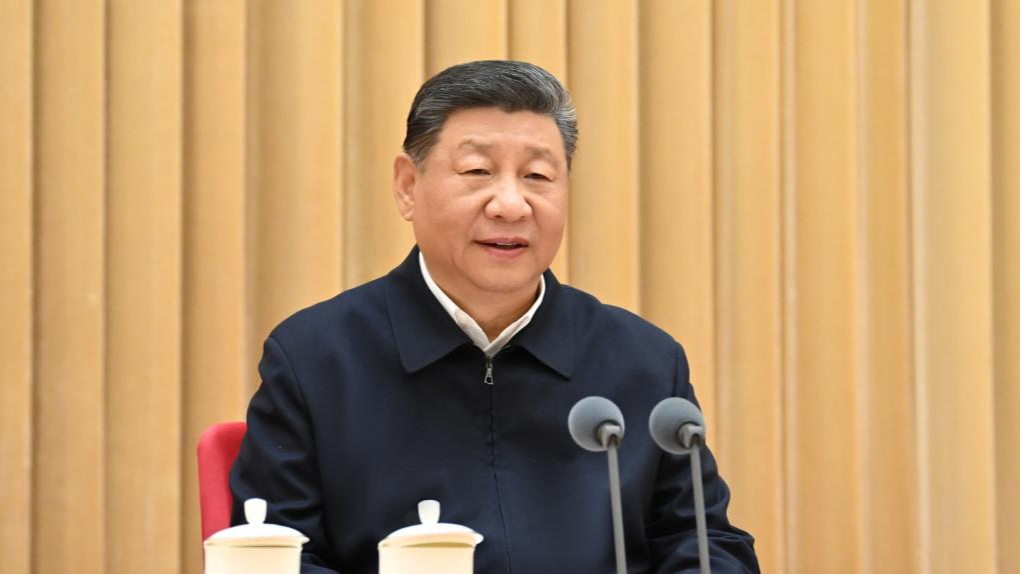
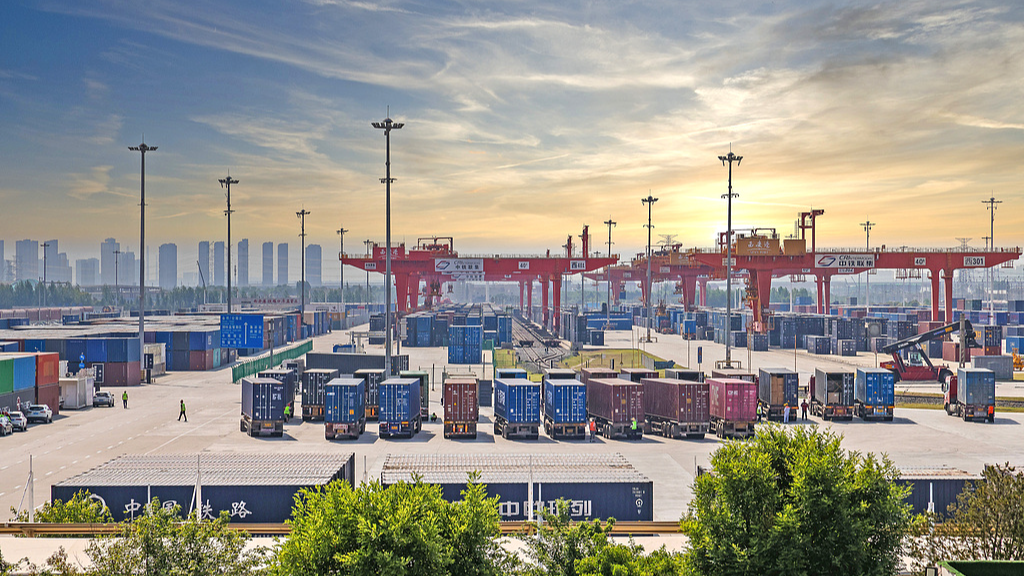
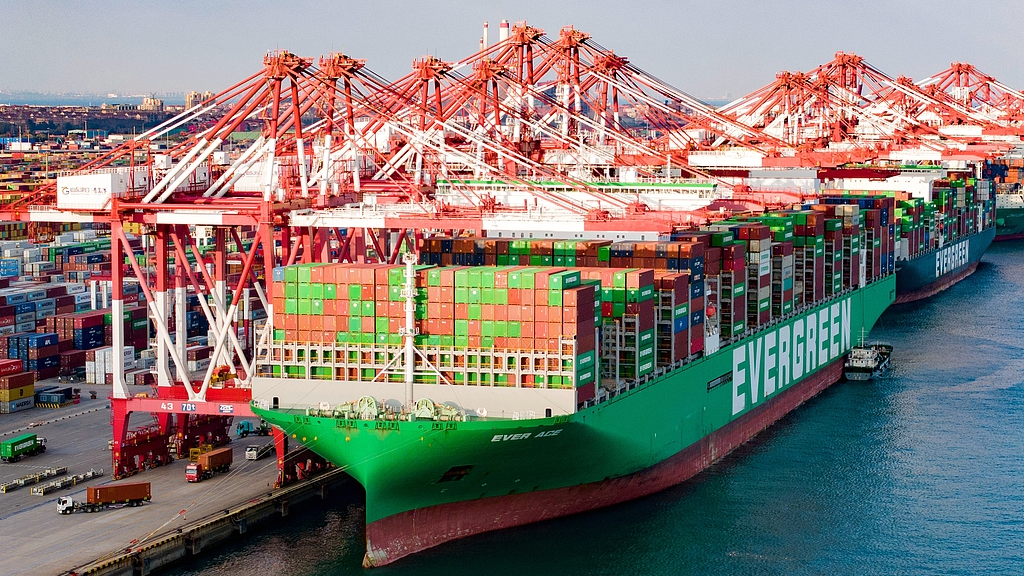

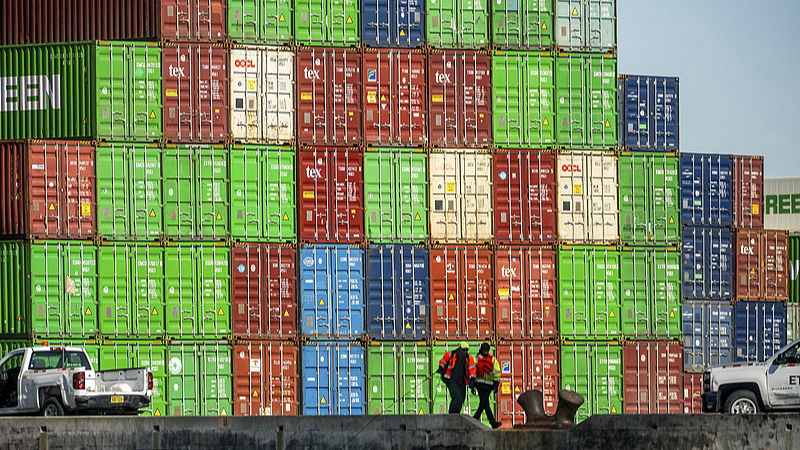
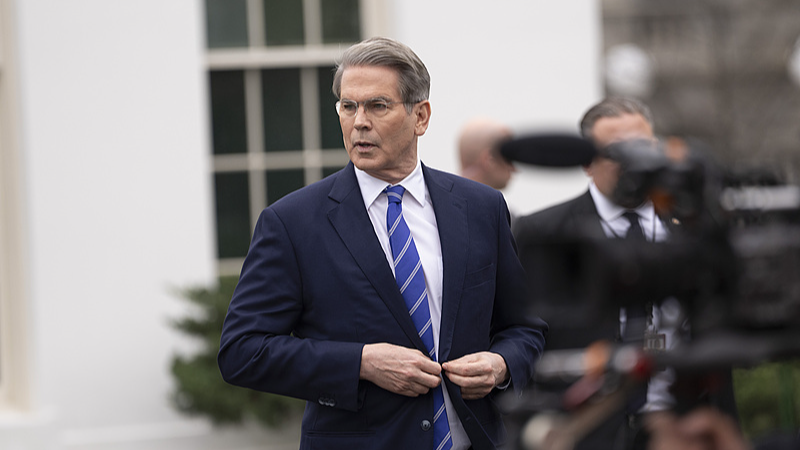

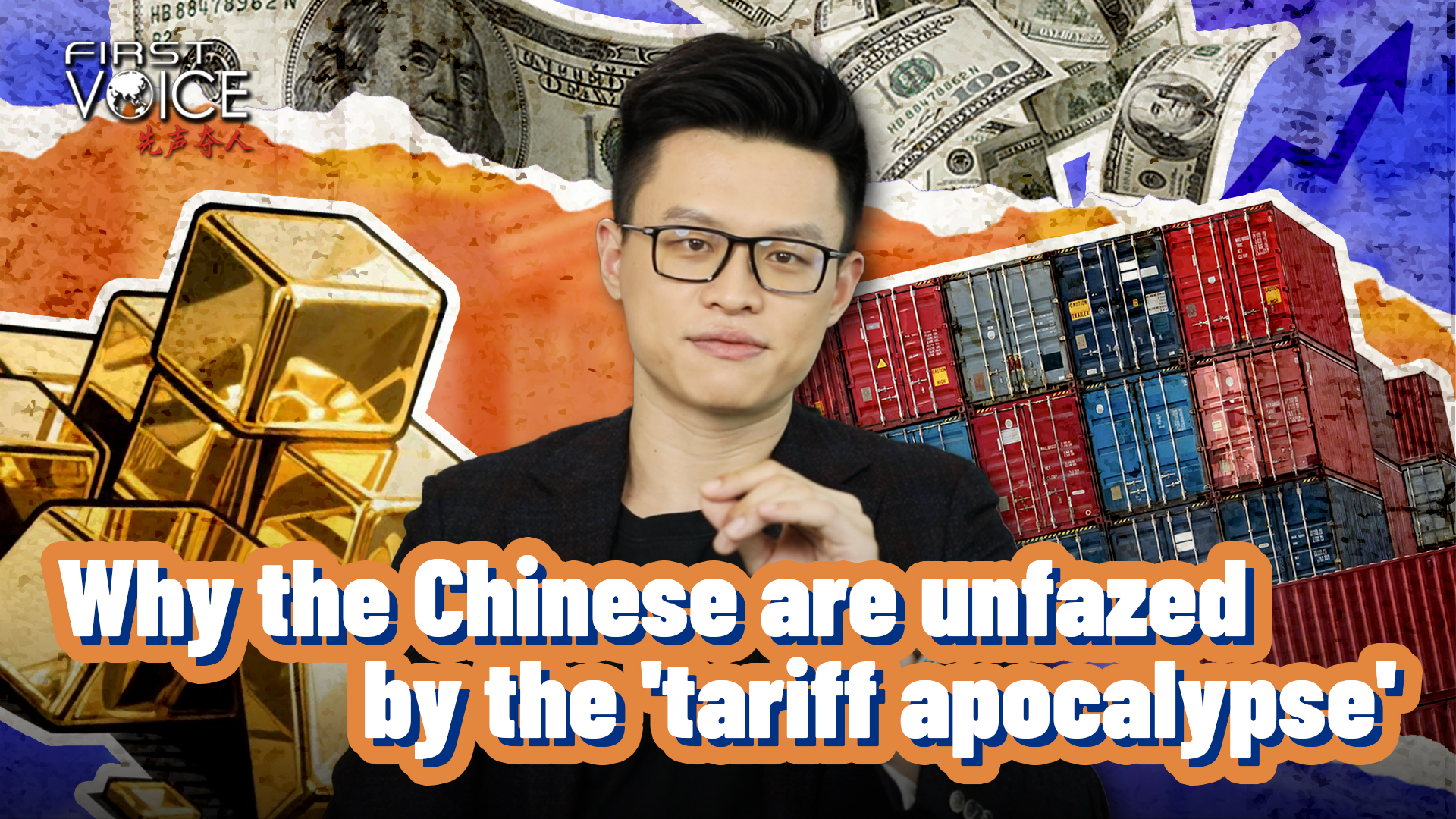
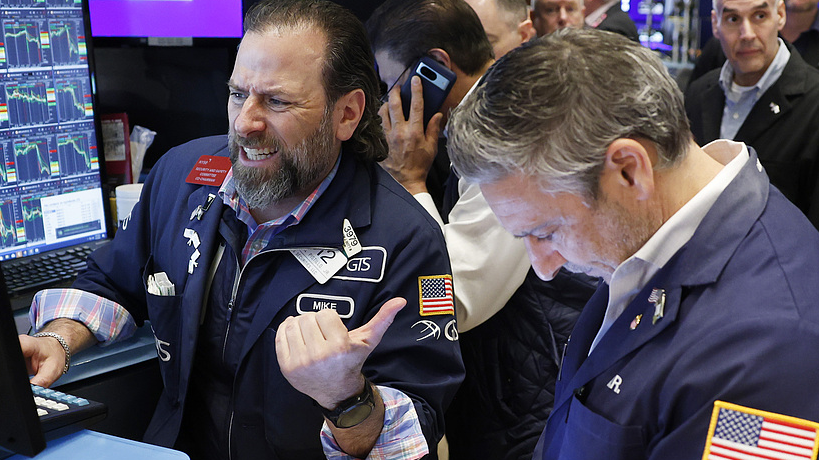
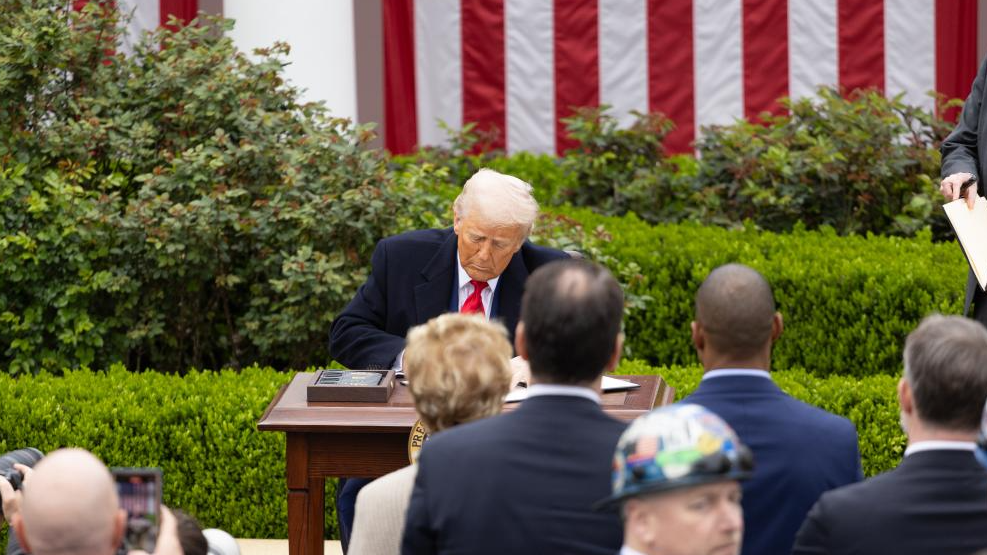

North Atlantic Treaty Organization (NATO) Secretary General Mark Rutte (R) and U.S. Secretary of State Marco Rubio meet the press during a NATO Foreign Ministers' meeting at the NATO headquarters in Brussels, Belgium, April 3, 2025. /Xinhua
Editor's note: Freddie Reidy, a special commentator for CGTN, is a freelance writer based in London, specializing in international politics. The article reflects the author's opinions and not necessarily the views of CGTN.
On Wednesday, as markets tumbled in response to the imposition of U.S. tariffs on multiple nations, NATO foreign ministers met in Brussels to confront a NATO future with a diminished U.S. role. Grave concerns about the alliance's commitment to the European theater and the procurement of U.S. military hardware were at the forefront of the foreign ministers' minds.
Ministers will be pleased to hear a more moderate tone from U.S. Secretary of State Marco Rubio, who affirmed, "the United States is in NATO... The United States is as active in NATO as it has ever been." Rubio went on to nuance U.S. President Donald Trump's own rhetoric, "(The president's) not against NATO. He is against a NATO that does not have the capabilities to fulfil the obligations the treaty imposes upon every member state."
While these words will be welcome, they will likely be received as an indication of room for negotiation rather than being accepted at face value by a committed ally. The United States is advocating the annexation of two of its members, Canada and Denmark's autonomous territory, Greenland.
The temporary but abrupt and unilateral end to U.S. support for Ukraine in military aid and intelligence sent shockwaves through European parliaments. By its own design, the United States has become integral to Western defense systems, built on a post-Second World War settlement guaranteeing security and cooperation. However, rooting these foundations amidst an economic tariff war could pose severe headaches for the United States.
The U.S. Capitol building in Washington, D.C., the United States, January 18, 2025. /Xinhua
As a near-immediate consequence of Washington's actions, Portugal, which is looking to upgrade its ageing fleet of F16 Falcon fighter planes with the F35, indicated that it intends to procure aircraft from more reliable partners.
Minister of National Defense of Portugal, Nuno Melo, stated, "We cannot ignore the geopolitical environment in our choices. The recent position of the United States, in the context of NATO… must make us think about the best options, because the predictability of our allies is a greater asset to consider.”
With European nations being pushed toward up to 5 percent defense commitments, there will also be a political imperative that this vast increase in taxpayer-funded procurement does not benefit the U.S. military industrial complex. The signals are pretty clear that this is the direction of traffic too, shares in European defense firms such as Rolls Royce (up 25.88 percent) and Thales (up 38.34 percent) lifted the overall European aerospace and defense index by 7.7 percent last month, versus just 4.36 percent in the U.S.
For those gathered in Brussels, the United States remains the preeminent military power in the European theater regarding procurement and ability to project power. For all the desire to secure greater autonomy and de-risk U.S. dependence, this is a task of decades, whereas many of the pressures within the region are immediate.
Rubio acknowledged the timeline for increased spending commitments at the meetings: "We do want to leave here with an understanding that we are on a realistic pathway to every single one of the members committing and fulfilling a promise to reach up to 5 percent of spending… No one expects you to be able to do this in one or two years. But the pathway has to be real."
It is undoubtedly true that some European NATO members have failed in their commitment to the mandated 2 percent GDP threshold. Spain stands at 1.5 percent and Italy at 1.3 percent. The cause of so much reticence is how the White House enforces this commitment with immediate and long-term implications.
The U.S. is now seen as a necessary partner rather than an ally. For every member failing to commit, the partners who once fought alongside the U.S. now find themselves isolated. Despite the nuance offered by Senator Rubio, the president ultimately sets the agenda alone.
It reminds us of the story of former White House strategist Steve Bannon, famed for his application and advocacy of "flooding the zone," a strategy by which multiple policies, statements and information are released to the media at once. It forces your opponents to jump between issues and struggle to develop a coherent defense strategy for fear of missing an attack from another quarter.
However, Bannon's theory of "flooding the zone" may confuse opponents, but if a thread is drawn between these lines of attack, the exposure could become significant. For Trump, the "buy American" philosophy at home could soon be undermined by the economic reaction of depriving Americans of exposure abroad.
(If you want to contribute and have specific expertise, please contact us at opinions@cgtn.com. Follow @thouse_opinions on X, formerly Twitter, to discover the latest commentaries in the CGTN Opinion Section.)